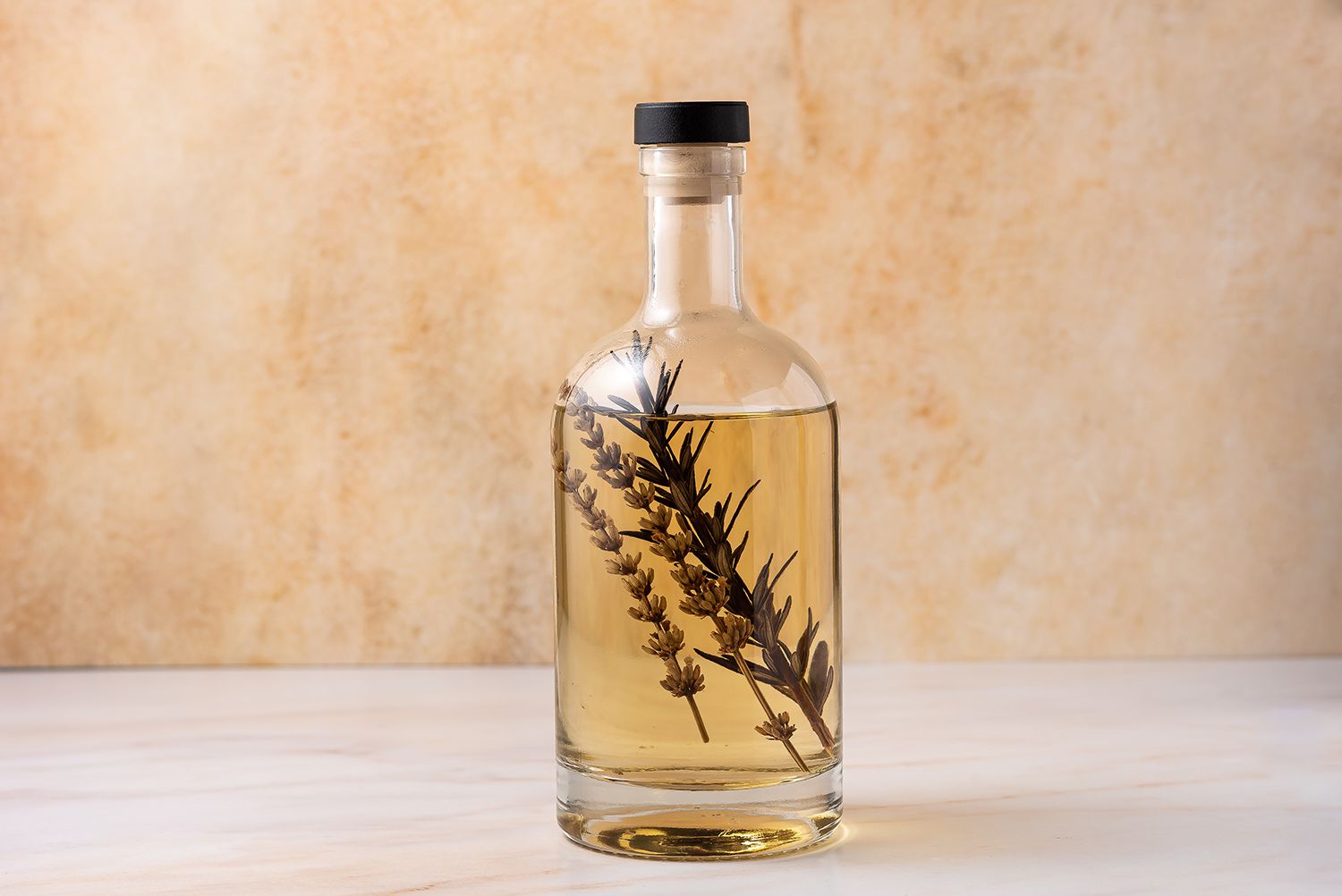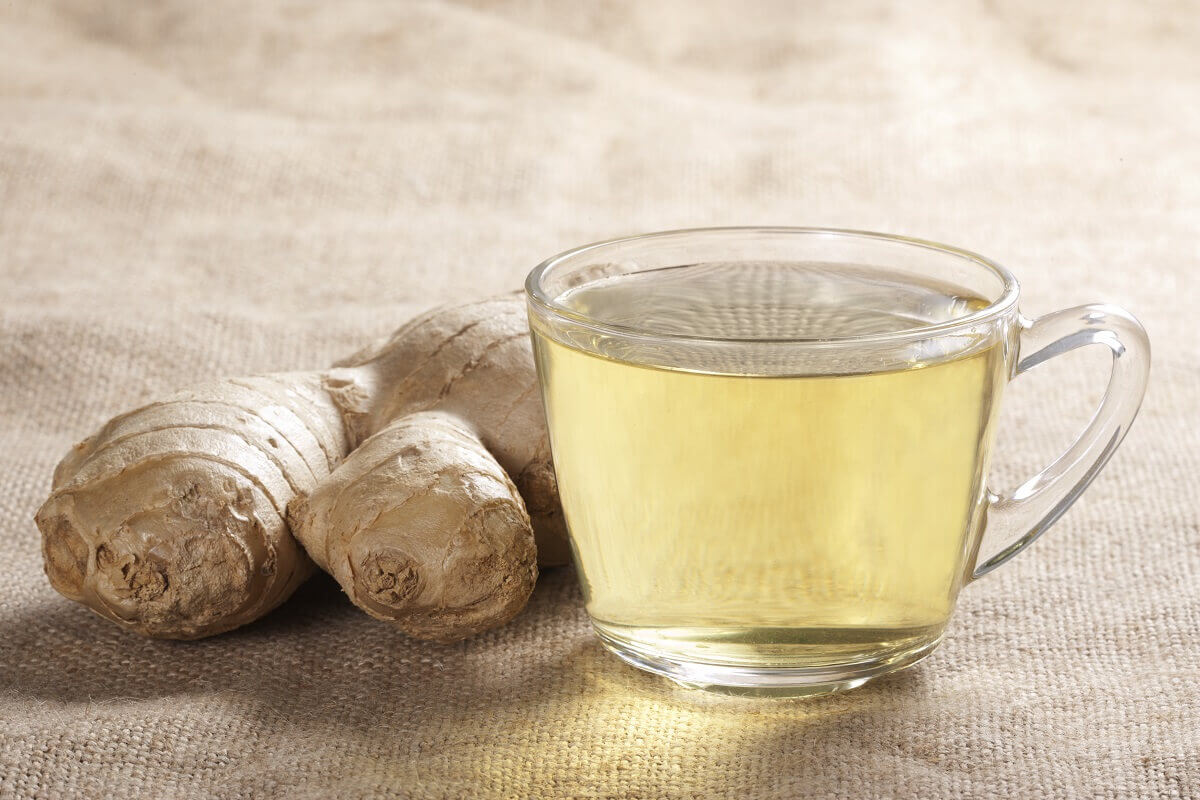Infusing St. John’s Wort for Culinary and Medicinal Use
If you’re looking to add a unique and beneficial ingredient to your culinary and wellness routine, consider infusing St. John’s Wort. This versatile herb is known for its bright yellow flowers and numerous health benefits, making it a valuable addition to your kitchen and medicine cabinet.
What is St. John’s Wort?
St. John’s Wort, scientifically known as Hypericum perforatum, is a flowering plant that has been used for centuries for its medicinal properties. It is native to Europe but can also be found in other parts of the world. The plant’s flowers and leaves contain compounds that are believed to have various health benefits, including its potential to uplift mood and support overall well-being.
Infusing St. John’s Wort in Oil
One popular way to infuse St. John’s Wort is by using oil. The infused oil can be used for culinary purposes as well as for topical applications. Here’s a simple method to infuse St. John’s Wort in oil:
- Harvest fresh St. John’s Wort flowers and leaves. Make sure to gather them on a sunny day when the plant’s essential oils are at their peak.
- Wash the flowers and leaves gently to remove any dirt or debris. Allow them to dry completely to prevent moisture from affecting the infusion process.
- Place the dried St. John’s Wort in a clean, dry glass jar.
- Pour a carrier oil, such as olive oil or sunflower oil, over the plant material, ensuring that it is completely submerged.
- Seal the jar tightly and place it in a sunny spot for 4-6 weeks, shaking it gently every day to encourage the infusion process.
- After the infusion period, strain the oil using a fine mesh strainer or cheesecloth to remove the plant material.
- Store the infused oil in a dark glass bottle in a cool, dark place to prolong its shelf life.
Using Infused St. John’s Wort Oil
Once you have successfully infused St. John’s Wort in oil, you can explore various ways to incorporate it into your daily routine:
- Use the oil as a flavorful addition to salad dressings, marinades, and dips.
- Apply the oil topically to soothe minor skin irritations and promote skin health.
- Combine the infused oil with essential oils to create a customized massage blend for relaxation and rejuvenation.
Infusing St. John’s Wort in Tea
Another popular method of infusing St. John’s Wort is by making a herbal tea. This simple infusion can be enjoyed for its soothing properties and potential health benefits. Here’s how to make St. John’s Wort tea:
- Boil water in a kettle and allow it to cool slightly for a minute or two.
- Place 1-2 teaspoons of dried St. John’s Wort flowers and leaves in a teapot or heatproof mug.
- Pour the hot water over the herb, cover, and let it steep for 5-10 minutes.
- Strain the tea and sweeten with honey or a natural sweetener if desired.
- Enjoy the tea warm or let it cool and serve it over ice for a refreshing beverage.
Benefits of St. John’s Wort Infusion
Infusing St. John’s Wort allows you to access the potential benefits of this remarkable herb in a convenient and versatile form. Some of the benefits associated with St. John’s Wort include:
- Supporting a positive mood and emotional well-being
- Providing antioxidant properties that may help protect cells from oxidative stress
- Supporting overall relaxation and stress management
- Promoting skin health and soothing minor skin irritations
Whether you choose to infuse St. John’s Wort in oil for culinary and topical use or enjoy it as a soothing herbal tea, incorporating this herb into your routine can be a delightful and beneficial experience. As with any herbal infusion, it’s important to consult with a healthcare professional, especially if you are pregnant, nursing, or taking medications, to ensure it is safe for your individual needs.
By infusing St. John’s Wort, you can unlock its potential and explore the numerous ways it can contribute to your overall wellness and culinary creations.
Was this page helpful?
Read Next: How To Infuse Lemongrass











